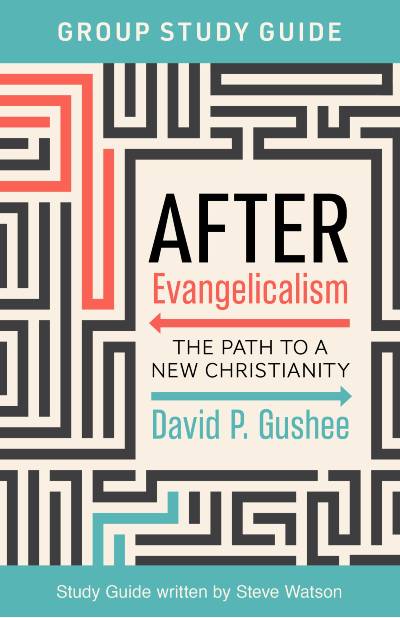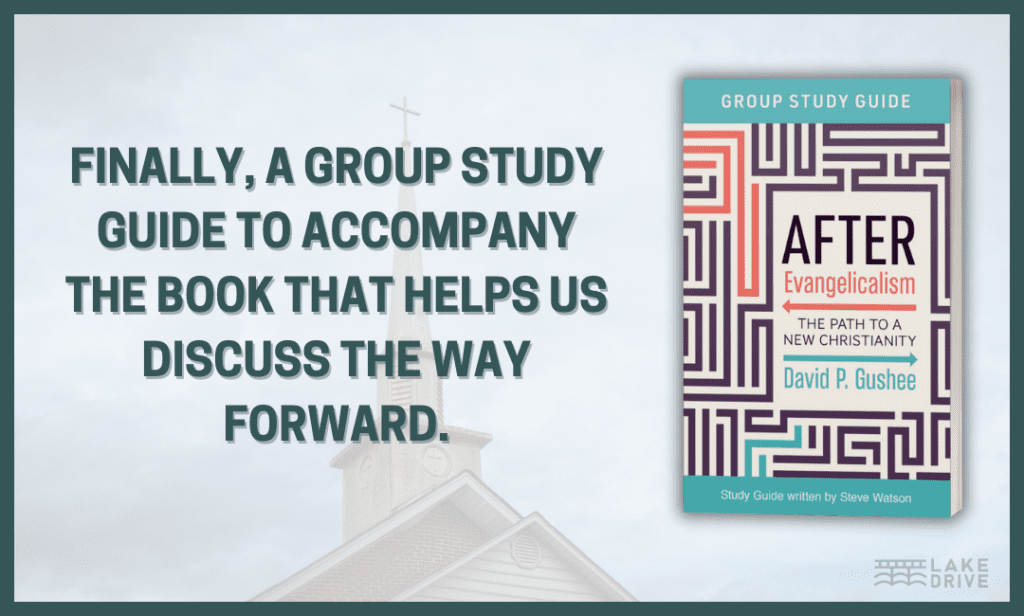In my 2020 book, After Evangelicalism, I argued that there were likely twenty-five million people who had been raised evangelical but who had either switched to another religious tradition or no longer identified with any religious tradition. This estimate was based on the massive (35,000 surveyed in all fifty states) and much quoted Pew Research Center’s Religious Landscape Study.
That data, however, is now almost 10 years old.
There’s a New Movement of Post-Evangelicalism.
Based on so much news we hear about the rapidly declining membership of the Southern Baptist Convention, the birth of communities of post- and ex-evangelicals, even the discontent and outcry about religious trauma and spiritual exploitation seen in documentaries like Shiny Happy People, The Secrets of Hillsong, and The Grove—and based on what I see on the ground with the churches where I’ve spoken, the formation of the Post-Evangelical Collective, and the people I hear from—I wouldn’t be surprised if that twenty-five million number hasn’t doubled.
However you look at it, that’s a lot of people who are no longer attached to the world that spiritually formed them. Where do they go now? What do they do?
From my experience with so many conscientious objectors to what I call the invented community of evangelicalism, a stand out feature is a sense of a loss of community and a desire for new community. The need to distance ourselves from the maze of evangelicalism’s biblical inerrancy, indifference to the environment, purity culture, racism, LGBTQ discrimination, male dominance, and Christian nationalism has left so many of us with a challenge to re-establish spiritual community.
So here’s my pitch: if we can learn to talk about our past evangelicalism in person, together with other people, then we’ll make a great start in finding that community we’re searching for. In other words, if we start talking to each other out loud and deliberately about the problematic nature of American evangelical culture, we’ll face our past and begin to find our way to a Christianity, a spirituality, and a community we can imagine for the future.
That’s why the newly released After Evangelicalism Group Study Guide can be such a valuable resource.

This fully-developed study guide, written and adapted by pastor Steve Watson, who has taught the material himself, can be used by individuals or groups to lament evangelicalism’s faults but also to consider how we might find a more conversational approach to the Bible, to put purity culture behind us and better understand sexual identity and covenantal relationships, and to more authentically align with the theological and biblical mandate to center those on the margins.
I highly encourage you to learn more here about the thought-provoking discussion questions Steve Watson has crafted, and even about his guidance on how to have vulnerable and respectful conversations about going beyond evangelicalism. And one thing you’ll especially appreciate are the spiritual exercises at the end of each of the five sections that help you see the path forward. We talk about all this in the video below.
Also, if you already have a discussion group or are thinking of starting one, you can even request a free digital preview copy from Lake Drive Books, the publisher of the guide.
Again, if we can find ways to safely talk through the change happening all around us, we’ll better find our way through this fluid and sometimes turbulent moment in our cultural, social, even political history. We’ll find out who we are, we’ll find conversation, and we’ll find hope.
This is so important. It’s time to talk about these things together, out loud, and in person.
I’m grateful both to Westminster John Knox Press, which published After Evangelicalism and cooperated with the publication of this guide, and to Lake Drive Books for publishing it.


Hi David, We met briefly when you visited Brew City Church in Milwaukee recently. I have a question if I may. In “After Evangelicalism” you referenced a respected survey (by Pew Research Center or Barna Group?) that estiamted there were 25 million who have left Evangelicalism. I believe that was around 2017. Is there an updated number? (Pardon me if you answered this in your latest book, which I haven’t gotten to yet.)
Thanks for all you do.
Tracy Huunter